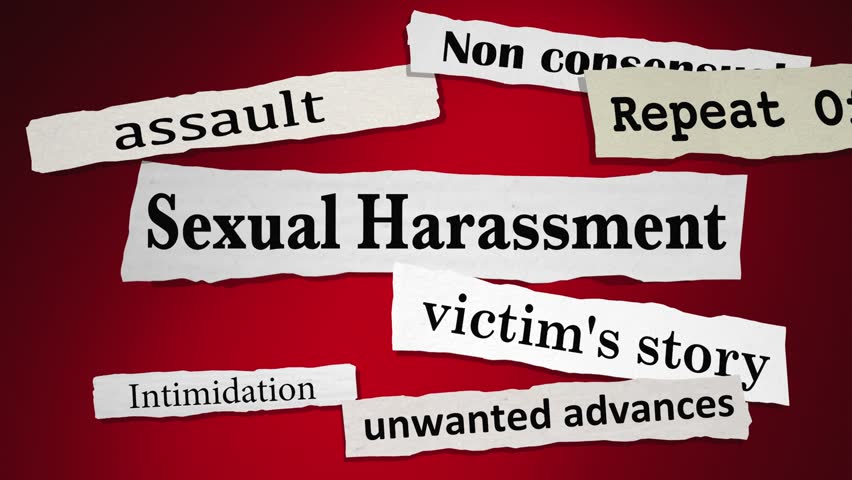
I am driving in my car, the radio on, and NPR is taking me through the news of the morning. And it finally overpowers me: every single story in the news is about sexual violence.
- Longtime local school superintendent resigns amidst allegations of sexual harassment and abuse.
- Human trafficking is alleged at a day spa in Florida – and all over the country.
- Children in detention at the border have been sexually abused by those charged with caring for them
- R. Kelly – after 20 years of allegations – is in jail faced with new charges
Even before I left the house, I had been reading the Boston Globe, about conflict around the world where women and girls are used as weapons of war; sports figures and celebrities facing charges of domestic violence; and another Catholic priest is sentenced – years after committing sexual abuse without any accountability.
Sexual violence is everywhere. And it’s not about sex. It is about power. In any relationship – fleeting, intimate, professional, transactional – there is a power dynamic. A healthy balance of power is based in respect for personal boundaries and values. When that balance is skewed to an unhealthy degree, respect for boundaries can evaporate and true consent is no longer possible.
Domestic violence is about power. In intimate relationships, domestic relationships, where there is an unhealthy imbalance of power, an abuser no longer respects the autonomy of the victim of their abuse. Often, the person uses abuse to isolate the victim from family, friends, and other connections. The abuse threatens the safety and stability of the victim and devastates their sense of identity and capability – their world gets progressively smaller. The abuser has made them believe that they are the only one who understands them, provides for them, and appreciates them – the only one who loves them.
People often ask, why don’t they just leave? That question implies there is a choice, and there is not really a choice anymore. Instead, a survivor is faced with a difficult decision. A survivor is forced to consider the tradeoffs among the domains that shape a sense of wellbeing: they may find a fleeting sense of safety, a fragile stability, and access to necessary resources only if they sacrifice connections and any feelings of control over their situation. Managing the tradeoffs, maybe in order to preserve some connection with family or friends, might not make sense to others who only see the abusive behavior, and wonder… why don’t they just leave?
That is why how we do our work matters. At REACH, we strive to see the full frame of wellbeing and we understand that people make decisions based on all of the experiences of their life – not just based on the information presented in the moment. This is what we all do – every one of us. We all make decisions every moment of every day. With healthy relationships in our life, we know we have the support we need to face these decisions. Without healthy respectful relationships, managing the tradeoffs becomes a demanding, constant process. We don’t know the factors going into someone else’s decisions. Unless we ask. Unless we listen. Unless we believe. It is time for all of us to recognize that the ways in which we are in relationships with people is fundamental to our wellbeing – as individuals and our wellbeing as a society.





